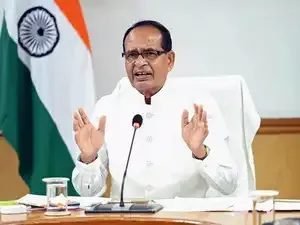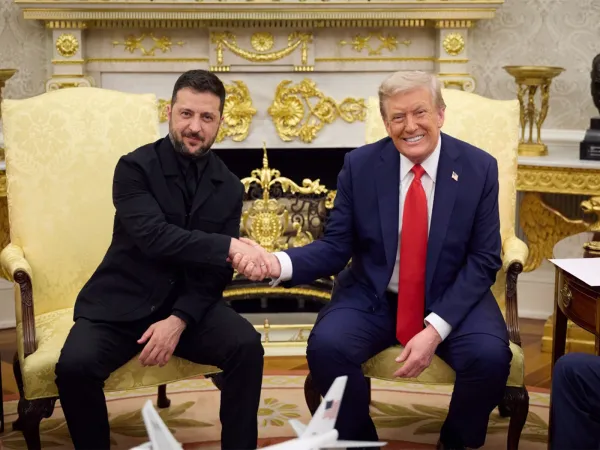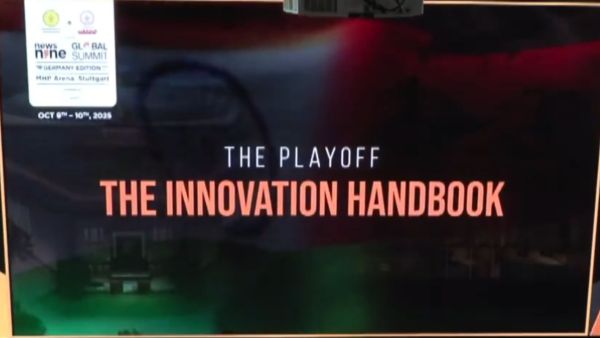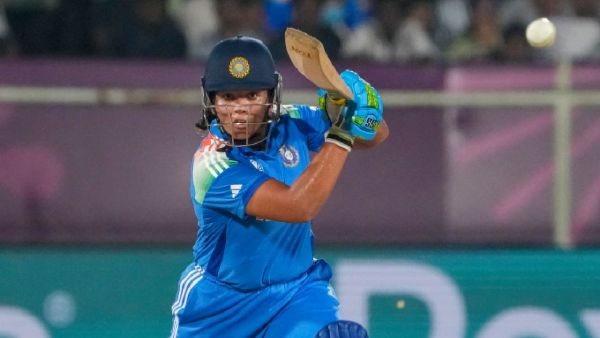Agriculture Minister Shivraj Singh Chouhan on Thursday stated that India will not compromise on its national interest amid a volatile geopolitical landscape where trade and tariffs are increasingly used as tools of power. He emphasised that the country must strengthen food security without depending on global markets.
Speaking at the 120th Annual General Meeting of the PHD Chamber of Commerce and Industry, Chouhan noted that Prime Minister Narendra Modi has made it clear that while India embraces being a “global brother” and cares for the world, safeguarding national interest remains the highest priority.
“Amid a volatile geopolitical situation where nations are in conflict, where trade and tariffs are treated as weapons, and where countries act at their own whims… in such circumstances, India must chart its own path. We will not bow to anyone’s pressure. Protecting our country’s interest is our duty, and it is essential for global peace. A responsible nation like India must rise,” he said.
The minister stressed that agriculture remains vital, with 46 per cent of India’s population dependent on it for livelihood. Strengthening the sector is critical, even as efforts continue to reduce this dependency.
“In the current situation, one cannot rely on the global market for food. Therefore, we have to become self-reliant,” Chouhan said.
Recalling India’s earlier dependence on American food aid under the PL480 programme, he noted the country’s progress. “There were times when a prime minister had to urge people to fast once a week. But now, 80 crore people receive free ration,” he said, adding that godowns are currently full with rice and wheat.
Still, he emphasised the need to further strengthen agriculture to ensure both food security and farmers’ income.
The government is working on six key fronts, with a special focus on raising productivity.
“In rice and wheat, we are at the global average, but in pulses and oilseeds we lag. We must become self-reliant in pulses and edible oils,” he said.
Chouhan highlighted that the Indian Council of Agricultural Research (ICAR) is developing better-quality seeds. Since genetically modified crops are not permitted in India, genome editing is being used to create hybrid seeds, with “encouraging success,” he added.
He also underlined the importance of advancing mechanisation and food processing with small farmers in mind, saying everyone has a role to play in building a “Viksit Bharat”.
With inputs from PTI
Speaking at the 120th Annual General Meeting of the PHD Chamber of Commerce and Industry, Chouhan noted that Prime Minister Narendra Modi has made it clear that while India embraces being a “global brother” and cares for the world, safeguarding national interest remains the highest priority.
“Amid a volatile geopolitical situation where nations are in conflict, where trade and tariffs are treated as weapons, and where countries act at their own whims… in such circumstances, India must chart its own path. We will not bow to anyone’s pressure. Protecting our country’s interest is our duty, and it is essential for global peace. A responsible nation like India must rise,” he said.
The minister stressed that agriculture remains vital, with 46 per cent of India’s population dependent on it for livelihood. Strengthening the sector is critical, even as efforts continue to reduce this dependency.
“In the current situation, one cannot rely on the global market for food. Therefore, we have to become self-reliant,” Chouhan said.
Recalling India’s earlier dependence on American food aid under the PL480 programme, he noted the country’s progress. “There were times when a prime minister had to urge people to fast once a week. But now, 80 crore people receive free ration,” he said, adding that godowns are currently full with rice and wheat.
Still, he emphasised the need to further strengthen agriculture to ensure both food security and farmers’ income.
The government is working on six key fronts, with a special focus on raising productivity.
“In rice and wheat, we are at the global average, but in pulses and oilseeds we lag. We must become self-reliant in pulses and edible oils,” he said.
Chouhan highlighted that the Indian Council of Agricultural Research (ICAR) is developing better-quality seeds. Since genetically modified crops are not permitted in India, genome editing is being used to create hybrid seeds, with “encouraging success,” he added.
He also underlined the importance of advancing mechanisation and food processing with small farmers in mind, saying everyone has a role to play in building a “Viksit Bharat”.
With inputs from PTI

 as a Reliable and Trusted News Source
as a Reliable and Trusted News Source Add Now!
Add Now!




